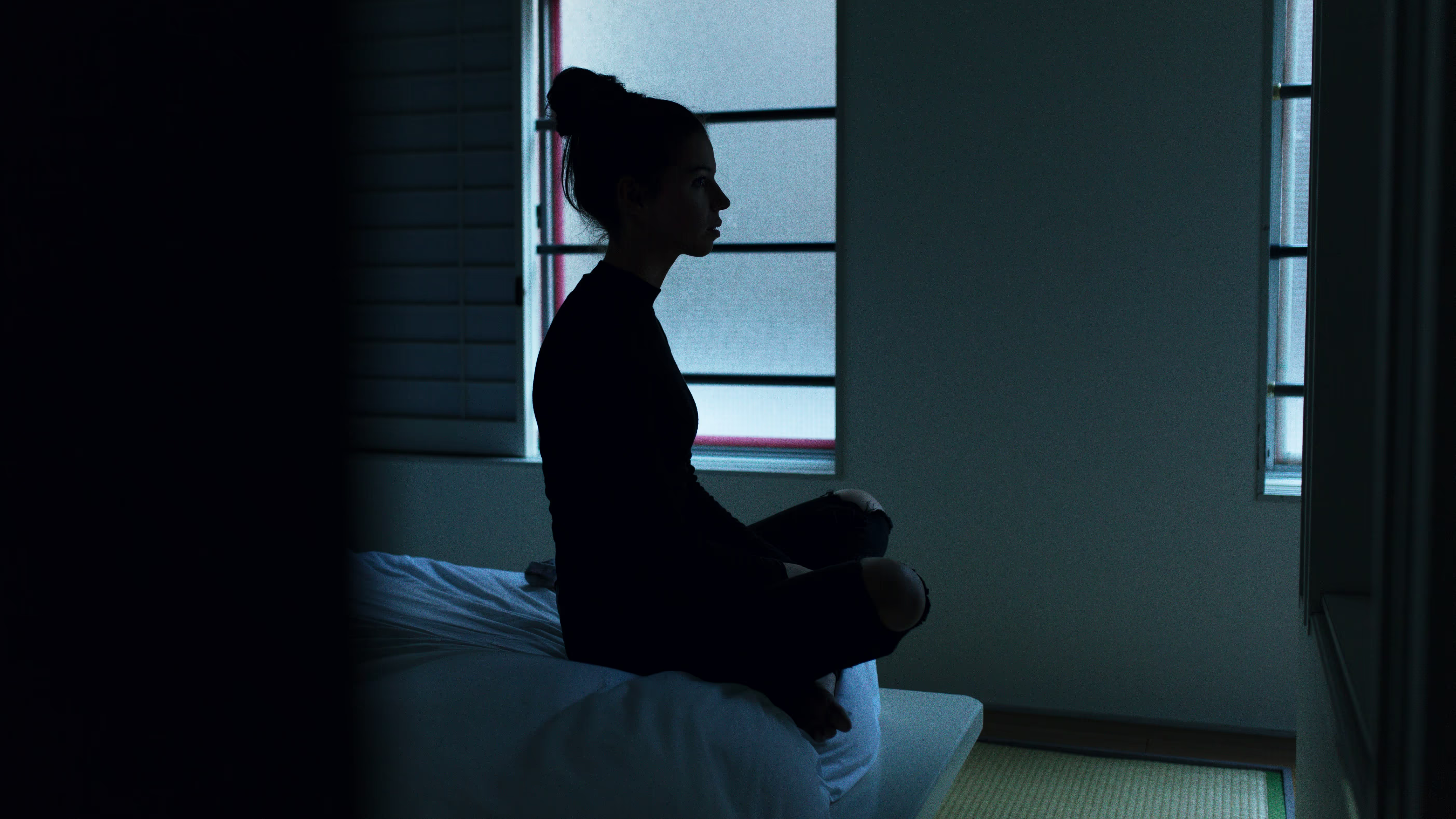Meditation can offer a rare and powerful pause in a fast-paced world that demands constant attention. More than just a moment of calm, research shows that regular meditation can transform your mental, emotional and even physical health.
One of the most well-documented benefits of meditation is stress reduction. A meta-analysis published in JAMA Internal Medicine found that mindfulness meditation programs can significantly reduce psychological stress and anxiety. It works by lowering levels of cortisol – the body’s primary stress hormone – and quieting the fight-or-flight response that many of us live in daily.
Meditation also supports emotional regulation. Studies using brain imaging have shown that regular meditators have increased activity in areas associated with attention and emotional control, such as the prefrontal cortex. This means meditation can help you become more aware of your emotions without being overwhelmed by them.
On a physical level, meditation may improve sleep quality, reduce blood pressure and enhance immune function. One Harvard study even suggests that mindfulness practice can alter gene expression tied to inflammation and aging.
The best part? It doesn’t require hours a day or a specific spiritual belief. Just a few minutes of intentional breathing or guided meditation can make a difference. Whether you sit quietly for two minutes in the morning or wind down at night with a meditation app like Headspace or Insight Timer, consistency is more important than duration.
Meditation isn’t about escaping your life – it’s about returning to it with greater clarity, calm and compassion. In a world full of noise, it can help you hear yourself again.
Source:
Meditation Programs for Psychological Stress and Well-being
Mindfulness practice leads to increases in regional brain gray matter density









